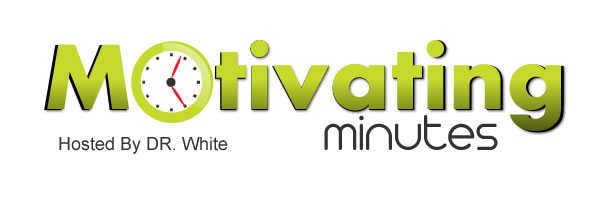TO ACHIEVE AT THE
HIGHEST LEVEL YOU NEED TO DO WHAT HIGH ACHIEVERS DO?
By Corey Poirier
As a
Corporate Trainer, Professional Keynote Speaker, and Radio Show Host, I spend
the majority of my time these days speaking to, and working with, high achieving
professionals and individuals and sharing applicable insight on our
Conversations With Passion Radio Show.
I spend
the rest of my time interviewing and researching the common traits of high
performers from across North American, including Grammy
Winners, Television Personalities, Award Winning Comedians, Award Winning
Business Leaders, Elite Athletes, Olympic Gold Medalists, and more, so that I
have more exclusive insight to share with my corporate clients.
To
perform at the highest level I believe it helps if you can learn what the
majority of the high achievers do, and do likewise.
Yes,
it’s true that some have achieved success by doing the opposite of what other
peak performers do. Steve Jobs comes to mind. But there is only one Steve Jobs,
and until one gets to that level, why ignore the fact that, in the words of the
late great Jim Rohns, “Success Leaves Clues”.
An
obvious question at this point becomes, what common traits do the more than 2500
high achievers I have studied share? I get that question more often than you
can perhaps imagine.
I have
determined the top 10 traits that these peak performers share, as a result of
my personal research, and what struck me the most is the fact that 3 weren’t
what most would expect.
Believe
it or not, hard work, find a good mentor, enter the industry at the right time,
have a solid cash flow, and so on, albeit important, and helpful, were not the
most common traits, or actions.
One of
the 3 traits I’m focused on today, or actions, in particular, really stood out,
and it is in such direct contrast to the what the average person does, I felt
it imperative to focus on that one trait, above all else in this very column.
That
trait, or action, is tied directly to focus, but bigger than that, it is the
action of removing all distractions from each interaction throughout one’s day.
At a
time when the average person can barely take their eyes away from their
I-Phone, Blackberry or Android, it really struck me that some of the busiest,
high achievers in the world found a way, at least during my time with them, to
silence their phones, and dedicate their full time and attention to the moment
at hand.
Whether
it was Chicken Soup Co-Creator Jack Canfield, Arlene Dickinson of CBC’s
Dragon’s Den, former World Champion Trish Stratus, Olympic Gold Medalist
Heather Moyse, Award Winning Singer / Songwriter Sass Jordan, The Food
Network’s Chef Michael Smith, or Leadership Guru Robin Sharma; almost every
single one found a way to make me feel like I was the only person in their
world during our time together.
Again,
this is so much in contrast to the actions of the average person today, I felt
compelled to share this finding in hopes that it will help others rethink the
focus they place on the person in front of them despite the many distractions
battling for their time.
As a
wise attendee at a talk I gave at a University in Alberta said, “When you wash
the rice, wash the rice”.
It may
be an old proverb, but it’s still as wise today – in essence, it means, when
you are focused on one task, focus completely on that one task, and that task
alone.
After
all, that’s what the high achievers are doing. Hey, perhaps I should share that
wise attendees’ wisdom in the monologue for the next episode of the radio show.
Until
then, here’s to your continued success…
Corey Poirier is an award-winning speaker, entrepreneur, and a bestselling
author. His Standing Ovations from Every Customer book was released in 2013. He
has personally interviewed over 2500 Super-Achievers, he has presented at TEDx,
and MoMondays, he has shared the bill with Deepak Chopra, he has be a high
achiever at Fortune 500 and Global 1000 companies, he can be seen on
television, heard on radio and read in publications regularly, and he even had
O’ Magazine ask to have his writing appear in one of their issues. You can sign-up
to have advance notice when he releases the upcoming Science of
Super-Achievement Guide at www.thepassioncure.com, hear his radio show at www.conversationswithpassion.com or learn more about bringing Corey
in to work with your company at www.coreypoirier.com





